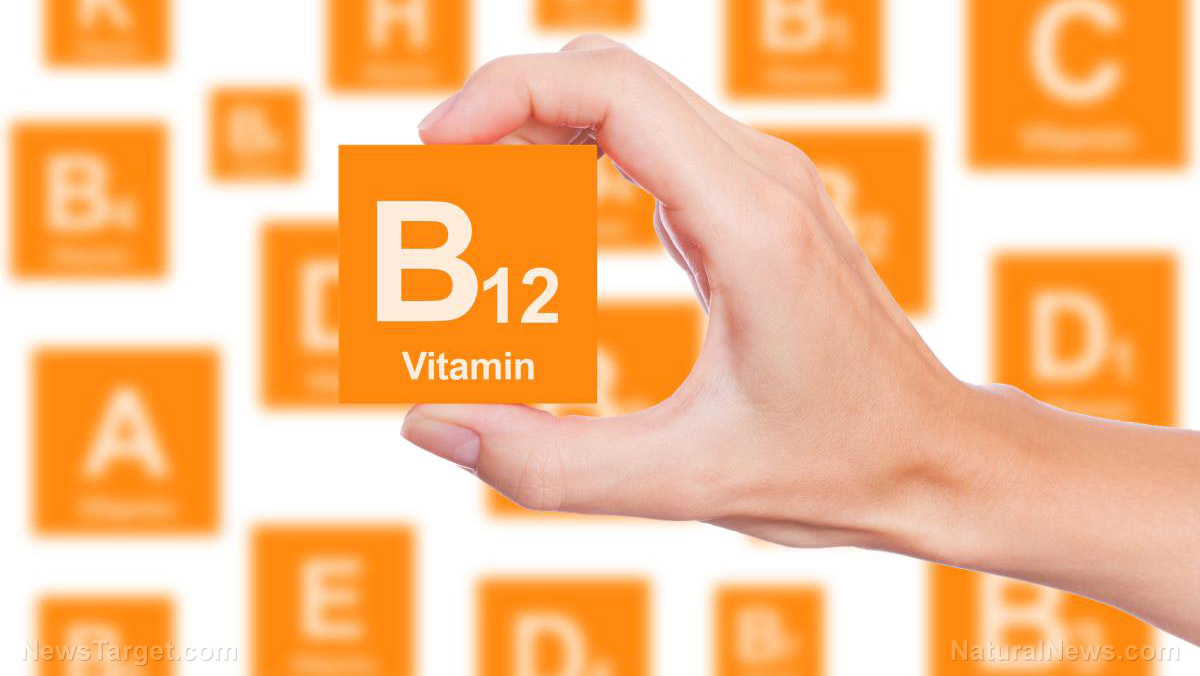
The antioxidant properties of vitamin C have been studied extensively, but its biological roles in the brain have only become a topic of interest recently. Animal studies show that the vitamin plays a crucial role in neurodevelopment by impacting not only the general development of neurons but also neuron differentiation and the formation of myelin.
Given its importance in the central nervous system, many studies have looked into whether a person’s vitamin C status is related to their cognitive performance. However, the review carried out by the Australian researchers is the first one to examine the effects of vitamin C levels on cognitive performance in people with normal cognitive functioning as well as those who are cognitively impaired.
The researchers looked at studies published on the topic between 1980 and January of this year. Many of these used the Mini Mental State Examination, which is a reliable questionnaire that estimates the severity of an individual’s cognitive impairment and can show its progression over time. It measures cognitive domains such as recall, calculation, language, orientation and the ability to follow basic commands.
The researchers selected 50 studies for inclusion from a pool of 500 articles. Fourteen of the studies involved participants who were cognitively impaired – for example, with Alzheimer’s disease and other forms of dementia – while 36 studies involved participants who were cognitively intact.
They found that among those who were cognitively intact, blood concentrations of vitamin C were correlated with cognitive ability; no such correlation existed in those with cognitive impairment. In addition, cognitively impaired individuals have significantly lower blood concentrations of vitamin C than their non-cognitively impaired counterparts. Some experts have posited that those with dementia are elderly and often unable to make smart dietary choices or chew their food well, so nutrient deficiencies are to be expected. Another explanation for the deficiency in those with cognitive impairment, however, is the increased oxidation of the vitamin as a response to the heightened production of free radicals in the brain.
Researchers call for further studies
The researchers are calling for more comprehensive studies into the relationship between cognition and vitamin C among people who are cognitively intact that takes confounding factors into account, like vitamin E and vitamin B12.
A study that was published in the September 2014 issue of Nutrients found that vitamin C was a vital factor in preventing cognitive decline in aging as well as neurodegenerative disorders. A deficiency in Vitamin C can also impact brain function during development or regeneration after suffering a traumatic brain injury.
Getting more vitamin C in your diet
It is estimated that as much as 15 percent of adults in the Western world have a vitamin C deficiency, and it’s particularly prevalent in those who are elderly, smokers, pregnant, or have a low socio-economic status.
This is unfortunate because the vitamin has been shown to help many of today's deadliest ailments, such as cancer and cardiovascular disease. Vitamin C is not stored in the human body, so it must be replaced through our diet each day. Top sources of Vitamin C include guava, Acerola cherries, oranges, broccoli, red peppers, kale, strawberries and Brussels sprouts. A healthy diet rich in organic fruits and vegetables is a great way to ensure your body gets plenty of this essential vitamin.
Sources include:
Please contact us for more information.























